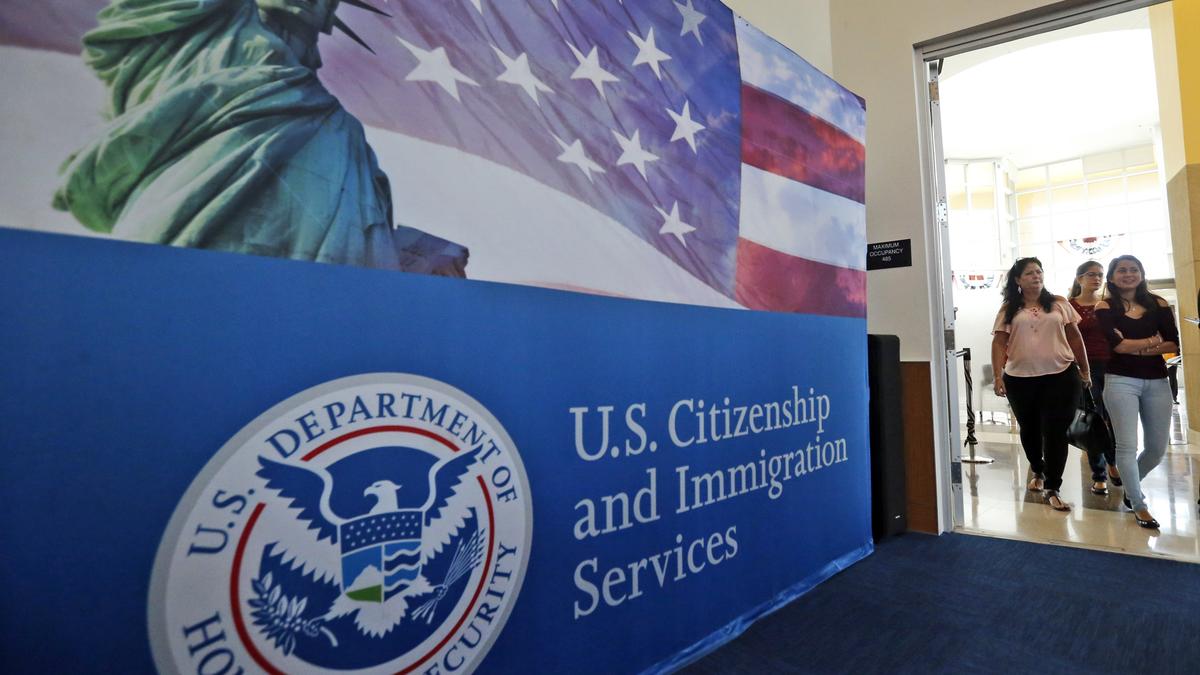Gambling
Ireland’s rules and regulations regarding online casino gambling

Online gambling has been growing in popularity all over the world, and Ireland has been one of the countries leading at this. And, with an expanding number of options, finding the best casino in Ireland has become a top priority for many players looking for a reliable platform to pass time – and enjoy the added thrill of possible big wins.
However, it’s important for all players in the country to understand the rules and regulations that govern this activity, especially considering we have a new law that has been passed but isn’t yet in effect.
The Legal Framework for Online Gambling in Ireland
The Gambling Regulation Act 2024 was signed into law by the President on October 23, 2024, but at the moment, Ireland’s online gambling industry operates under a mix of modern and older legislation.
The Betting Act 1931 (Amended in 2015)
Given when it was initially created, this Act was originally meant for traditional betting. However, it was updated in 2015 to require all operators to obtain a remote bookmaker’s license and pay taxes on their Irish revenue. The goal here was to protect gamblers from shady operators while also bringing in revenue from the new market.
– Advertisement –
The Gaming and Lotteries Act 1956 (Amended in 2019)
This one was drafted in 1956 to regulate lotteries, gaming machines, and small-scale gambling operations. But at that time, gambling was primarily land-based, so it was updated in 2019 to reflect the evolution of technology and consumer practices.
Basically, it simplified licensing for small-scale operators, made licenses for lotteries and gaming machines more accessible, and enhanced player protection. The maximum prize for a single draw was increased to €30,000, and we got new provisions that ensured games were conducted transparently and fairly. The amendment also introduced strict age restrictions, specifically banning anyone under 18 from participating.
The Gambling Regulation Act 2024
Most of the laws the country has been operating under are either outdated or insufficient, if not both. This meant there’s need for fresh regulatory measures, and this was done through the Gambling Act Regulation 2024. Here’s a look at some of its most important aspects:
- Establishment of the Gambling Regulatory Authority of Ireland (GRAI): This is now the independent body tasked with overseeing everything related to gambling in Ireland, both offline and online. It will issue licenses, ensure compliance, and act as the central oversight authority. Its mandate encompasses all local and international operators earning in the country.
- Consumer Protection Measures: It’s the responsibility of the government to ensure that players are protected from financial and social issues, and that is another important part of the new law. It requires measures such as clearer terms and conditions, self-exclusion programs, deposit and spending limits, and protection for vulnerable groups. The law also introduces stricter controls on gambling advertising.
- Problem Gambling Measures: Addressing the issues brought by gambling is another focus of the Gambling Regulation Act 2024. It seeks to reduce the social and financial harms, and some of its measures are a Social Impact Fund and Mandatory Responsible Gambling programs. The fund will be funded by the levies imposed on operators, and it will support initiatives related to gambling addiction prevention, education, and treatment. The operators will also be required to have tools that players can use to assess their gambling behavior, know possible risks, and seek help if they feel their habits are becoming a problem.
All operators and players will be required to adhere to these, and the GRAI can impose fines on non-compliant operators.
New Law Implementation Timeline
While the Act has been signed into law, it’s not yet in effect. Before that happens, the government first needs to ensure that the Gambling Regulatory Authority of Ireland (GRAI) is up and running. The various operators also need time to adjust their practices to conform with the new guidelines.
– Advertisement –
When everything is ready, the Act will then be “commenced” by the Minister for Justice through a Ministerial Order. You can expect that to happen sometime in 2025.










